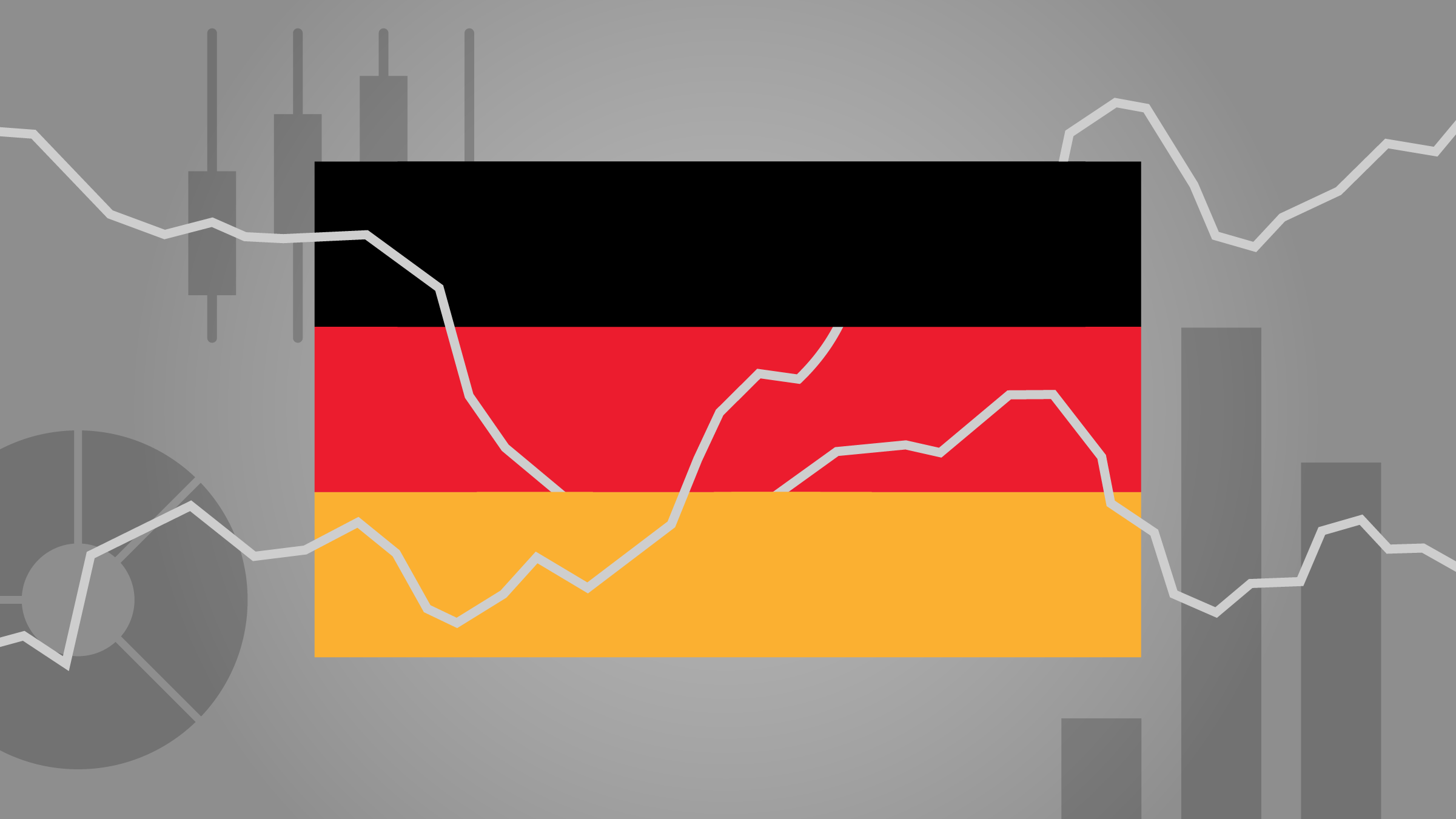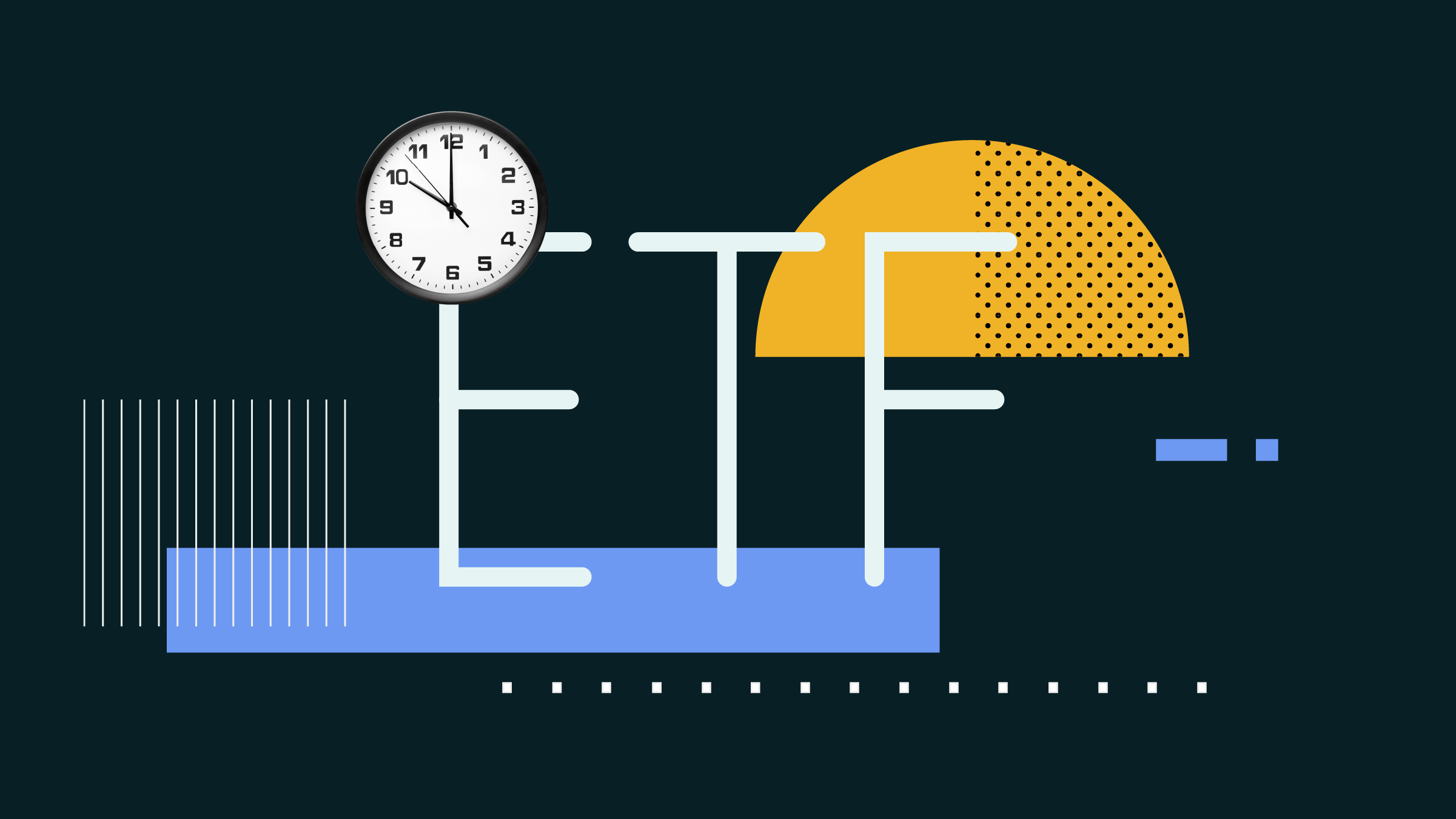Ashley Redmond: I am here with Dan Werner, Equity analyst here in Chicago. Dan covers the Canadian banks extensively and I am hoping he can provide some insight for us. Dan, in Canada there are still rumors of a housing bubble, they just won't go away.
Dan Werner: Yeah, there's lots of adjectives to describe the Canadian housing market; bubble, balloon, overheated. At the end of the day, it's some implication that prices are higher than what they normally would be. And in terms of looking at how that impacts the Canadian banks we try and follow that very closely. You look at the homeownership rates in Canada right now around at 70%, which is actually slightly greater than what the homeownership rates were in the U.S. at the time of its housing peak in 2006-2007. Now, looking at the condo market in particular, there seems to be a great number of condos being built, particularly in Toronto. As of the end of 2011, there were 132 high-rise condo projects being built in Toronto with more coming on line. When you compare that to 86 being built in New York at the time and only 17 here in Chicago, you can obviously see that there's a large supply of new housing, new condos being brought into the market. Now, the question is, well how does that impact the Canadian banks and are all those condos going to be filled going forward?
Redmond: When you are doing your analysis, what do the books look like?
Werner: Well, so far in terms of the residential lending by the Canadian banks, most of the loan-to-values are 50% to 60%. If there is a 15% to 20% correction in the housing prices, meaning housing prices will come down, there's still significant equity in those projects that there's still some ownership stake by the homeowner. And so, we don't think that there's much exposure to the banks in terms of potential loan losses due to housing prices being less than what the loan values are.
Redmond: Can you compare the Canadian housing market and the U.S. housing bubble?
Werner: The housing bubble in the U.S. was largely brought on by subprime lending, which basically made easy credit terms for borrowers to buy housing. There were certain loan products, which helped fuel that. For example, there were loans called 125s, which banks would 125% on the value of the house or there were other types of loans called 228s, where the first two years were negative amortizing, low payment type for the borrower with much higher, more onerous type payments for the remaining 28 years, which basically disincentivized homeowners from paying. What they would end up doing is mailing in the keys and making it the property of the banks. In Canada you have full recourse lending. If you default on your loan you are still -- even if you move out of the house, you are still on the hook for the home loan and there's much more less risk of loss for the banks. In addition, you have the CMHC, which guarantees those mortgages, which is also a backstop for the banking industry. Now, going forward the Canadian regulator, OSFI has been warning about possible low-doc [low-documentation] loans being underwritten and so far, it seems to be aware that the banks are doing this, but it doesn’t seem to be a prevalent practice at this point.
Redmond: Great. For the investors watching, is there any other insight you can offer?
Werner: In terms of overall condo lending for the Canadian banks, the condo exposure is pretty small. In terms of total residential loans, condo lending is about 8% to 9% in terms of the residential loans. Of the total loans, it's about 3% or 4%. So, it's a pretty small exposure to the Canadian banks.
Redmond: Great. Thanks, Dan.
Werner: Thank you.




















